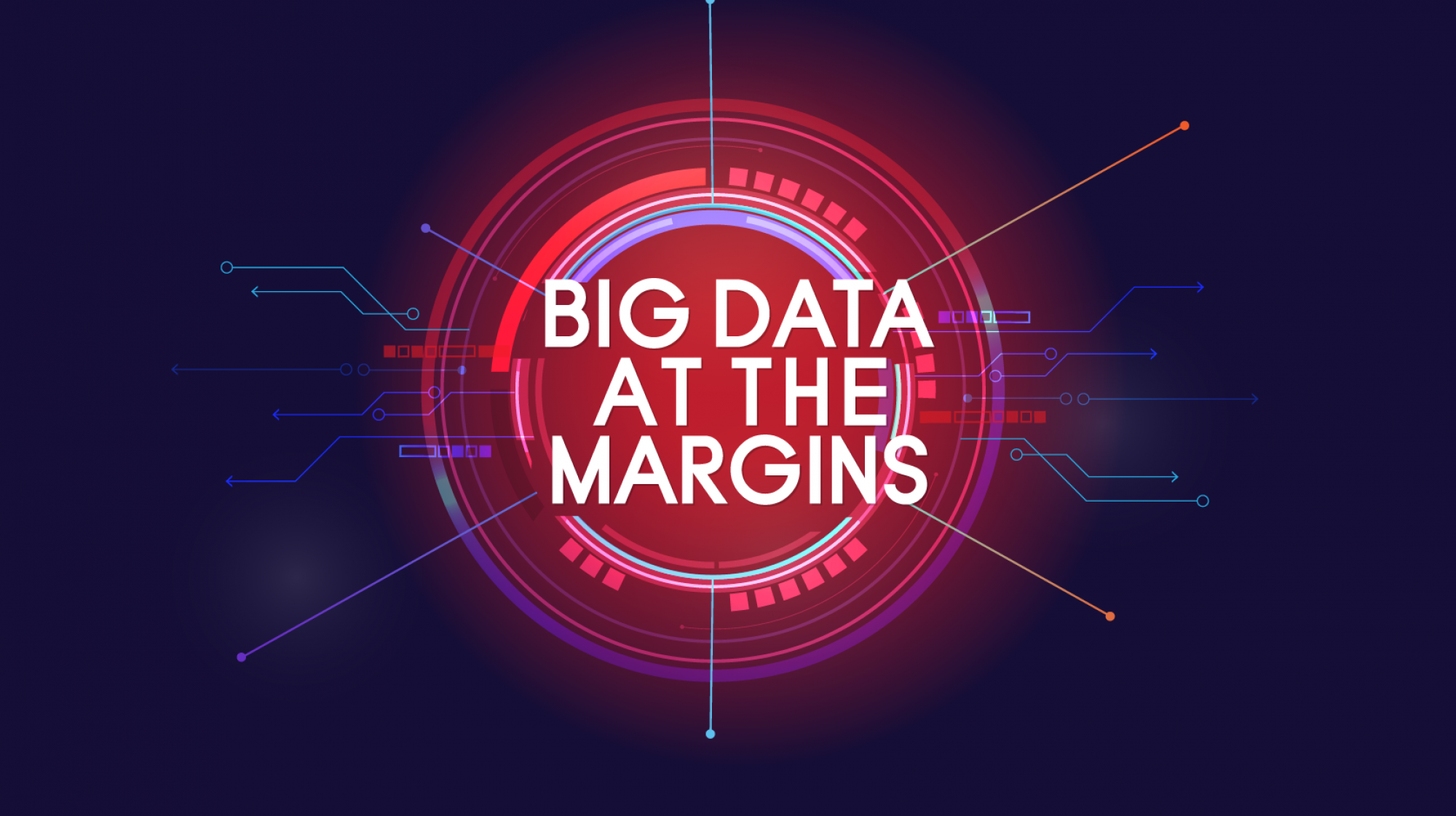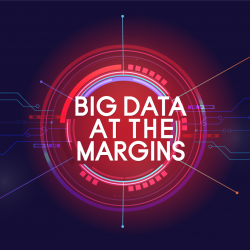Big Data at the Margins: A series of panels and workshops.
Organizing Committee: Alison Hearn, Tom Streeter, Nick Dyer-Witheford, Alissa Centivany, Luke Stark, and Joanna Redden.
There can be no doubt that our lives are being re-made by digital technologies, artificial intelligence and the huge amounts of data they both generate and require. Much of the scholarly and policy focus on these developments, however, tends to be on urban and economic centres: on the concentration of tech jobs and innovation in urban metropolises, on the rise of ‘smart cities’, and on the use of AI and big data to manage large populations and address urban concerns such as homelessness, poverty, and access to social services. In contrast, this series of five two-day events, to be scheduled over a twelve month period, will explore the impacts, pitfalls, and opportunities afforded by the use of AI and big data on and by groups who are economically, socially and geographically on the margins, who might live in smaller towns and cities and/or be members of socially or economically marginalized groups within those communities. Drawing its inspiration from its immediate context of London, Ontario, this series of panels and workshops will examine the various ways digital media, big data and artificial intelligence effect the daily lives of those who are economically, socially or geographically marginalized.
The goal of the series is to contribute to ongoing discussions in a way that bridges the gap between scholars, students, policymakers, activists, and those people at the margins who must navigate the effects of AI and data-related issues in concrete ways every day. Each event will bring together local, national and international scholars who work on issues such as the uses and variable impacts of big data in the management of health and social services for marginalized populations within small towns and cities; community struggles against data-profiling and facial recognition technologies in policing; the impacts of low wage, precarious forms of digital labour and ‘microwork’ and the hollowing out of the mid-level career; policy and legal fights against centralized corporate control over digital tools and equipment and consumers’ right to repair that equipment; and the potential use of big data by non- governmental groups looking to strengthen the voices of the economically and socially marginalized in our democracy.
Panels will be open to the public, and smaller workshops will be open to graduate students and local community activists and policymakers from Southwestern Ontario. Following the tradition of other events mounted by Western University’s Faculty of Information and Media Studies (FIMS), this panel and workshop series will be held primarily in a range of off-campus locations, such as Museum London and Innovation Works in downtown London. In addition to examining the impacts and possibilities of AI and big data for marginalized communities, the goal of the series is to build and enhance cross-sectoral and cross-disciplinary dialogue while educating and motivating students, citizens and local activists to take control of their data futures. The events will produce a scholarly publication based on the panel proceedings, a video archive of the public panels based on live-streams, and a website of resources related to data and AI policy initiatives and other forms of data activism for those at the economic and geographic margins of Canada.

